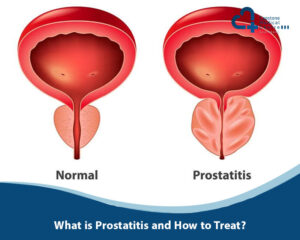
What is Prostatitis and How to Treat?
Prostatitis, a condition that has significant implications for men’s health,
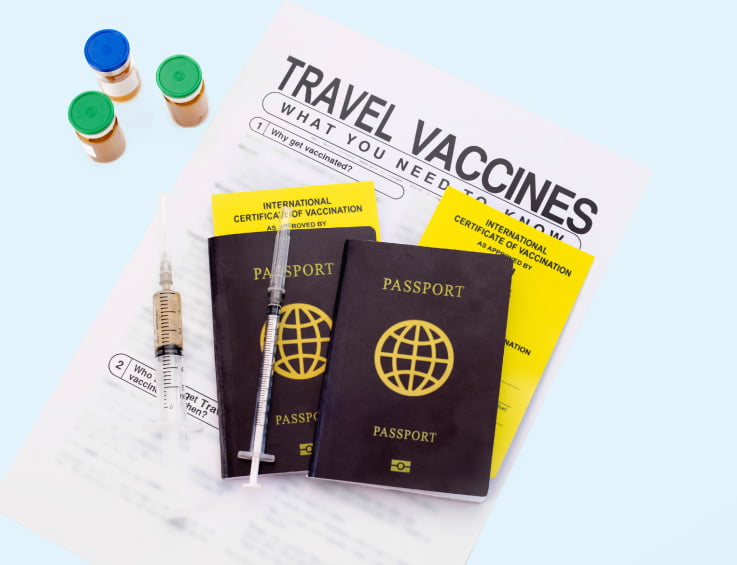

MD, FRACGP, FACAM
Advance Diploma in General Dermatology
Diploma of Cosmetic Medicine
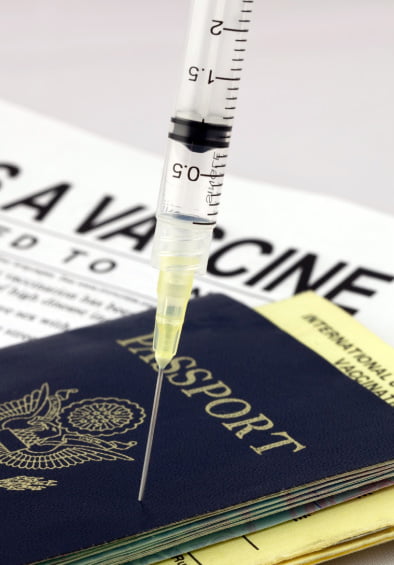
After more than 2 years living through a pandemic, most countries borders have now re-opened and Covid-19 restrictions eased. This means many people are starting to take the exciting opportunity of travelling overseas again.
As a result of not being able to travel during the pandemic, your immunity to certain diseases may have decreased. It is best to speak with your general practitioner to discuss your vaccination status and immunity prior to travelling.
It is recommended to do this at least 6 and preferably 12 weeks before you leave Australia. This allows for time if you need multiple doses and for your body to develop full immunity after the vaccination.
Vaccination is a process which introduces small, safe, inactive doses of antigens that cause the specific disease, to initiate your body’s natural immune response.
Your body will react to fight quickly against the infection which creates antibodies, that will fight against the infection if you were to become in contact with it in the future.
Vaccination is one of the most safe and effective way to prevent these communicable diseases.
Your immunity to these diseases decreases over time as your body flags it has not had to fight against the disease, which means you may need a booster vaccination to ensure you have sufficient immunity.
Almost all infectious diseases have been managed and controlled in Australia due to immunisation and public health promotion. Unfortunately, this is not the case for some overseas countries.
Other countries can expose you to active infectious diseases that do not occur in Australia. If you are unvaccinated and contract an infectious disease and then come back to Australia, you may cause a disease outbreak.
Certain people such as pregnant women, young children, babies, the elderly and those with a weakened immune system are considered most at risk of infection whilst travelling.
Some countries have a requirement for you to be vaccinated against certain diseases before you can enter through the border.
Travel vaccinations vary depending on where you are travelling, your length of stay and type of travel, your age, your vaccination history, present and past illnesses, season of travel and whether you are pregnant or planning pregnancy.
Some examples of travel vaccinations include:
The most common side effects to occur after vaccinations may include:
If you are concerned about any side effects related to your vaccination, please see your General Practitioner.
Make an appointment today to discuss any questions you may have about Travel Vaccinations!
Resources: who.int | betterhealth.vic.gov.au

Prostatitis, a condition that has significant implications for men’s health,
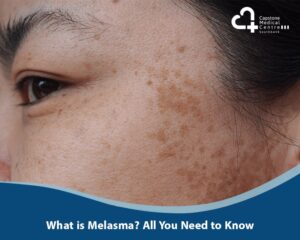
Ever looked in the mirror and noticed patchy brown or

Ever feel like your skin is begging for moisture? That
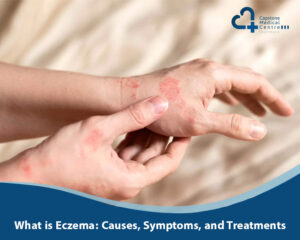
Do you ever find yourself relentlessly scratching your skin, battling

Have you noticed a rough bump on your hand or
Monday – Wednesday
Thursday – Friday
Saturday
Sunday
Public holidays
9 am to 5:30 pm
8:30 am to 6:30 pm
10.00 am to 3.00 pm
closed
closed
© 2020 All rights reserved.
